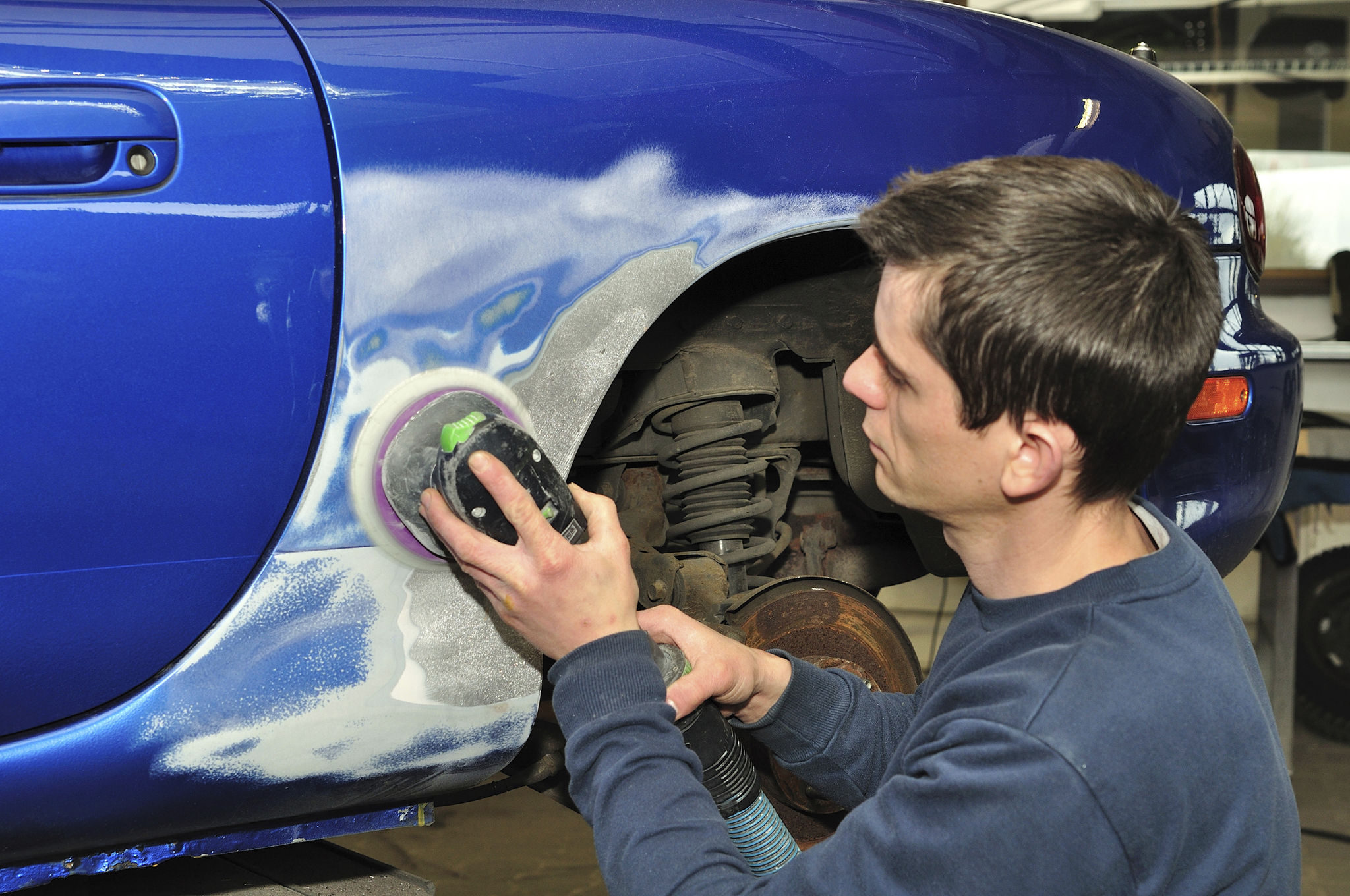Top 5 Misconceptions About Car Repairs Debunked by Experts
Understanding Car Repairs: Common Misconceptions
Car repairs can be a daunting experience for many vehicle owners, often surrounded by myths and misinformation. To help clear up some of the confusion, we've gathered insights from industry experts to debunk the top five misconceptions about car repairs.

Misconception 1: All Mechanics Are the Same
One of the most prevalent myths is that all mechanics provide the same level of service. This couldn't be further from the truth. Mechanics vary significantly in terms of skill, experience, and specialization. While some are generalists, others might specialize in certain makes and models or specific areas like transmissions or brakes.
Choosing the right mechanic requires research. Look for certifications, reviews, and recommendations to ensure you're entrusting your vehicle to a qualified professional. Remember, a skilled mechanic can often save you money in the long run by diagnosing and fixing issues correctly the first time.
Misconception 2: Premium Fuel Is Always Better
Many drivers believe that using premium fuel will enhance their car’s performance and longevity. However, unless your vehicle specifically requires premium fuel as stated in the owner's manual, using it offers no significant advantage. In fact, using regular fuel in a car designed for it is both cost-effective and efficient.

Using premium fuel unnecessarily is not only a financial burden but also a common misunderstanding among car owners. Be sure to follow your manufacturer's recommendations to avoid wasting money on unnecessary upgrades.
Misconception 3: Regular Oil Changes Are Not Necessary
With advancements in engine design and oil technology, some people believe that regular oil changes are no longer essential. However, maintaining a consistent oil change schedule is crucial for your engine's health. Dirty oil can lead to increased friction and wear, potentially causing severe engine damage.
Consult your vehicle's manual to determine the optimal oil change interval for your specific make and model. Sticking to this schedule will help ensure your engine runs smoothly and efficiently.
Misconception 4: DIY Repairs Are Always Cheaper
The internet is full of DIY car repair tutorials, leading many to believe they can handle all repairs themselves to save money. While some minor repairs can be tackled at home, more complex issues require professional expertise. Attempting major repairs without proper knowledge and tools can result in further damage and higher costs.

Before deciding on a DIY approach, assess the complexity of the repair and consider consulting a professional mechanic for advice. This approach minimizes risks and ensures your car remains in safe working condition.
Misconception 5: New Parts Are Always Better Than Used Ones
The assumption that new parts are always superior to used ones is another common myth. While new parts guarantee you are getting unworn components, high-quality used parts can offer excellent value without compromising performance.
Used parts are often sourced from vehicles with minimal wear or from reputable suppliers who thoroughly inspect and refurbish them. When considering used parts, ensure they come with a warranty and are compatible with your vehicle model.
By debunking these misconceptions, car owners can make informed decisions about vehicle maintenance, ultimately saving time, money, and stress. The key is to rely on expert advice, conduct thorough research, and stay informed about your specific vehicle's needs.